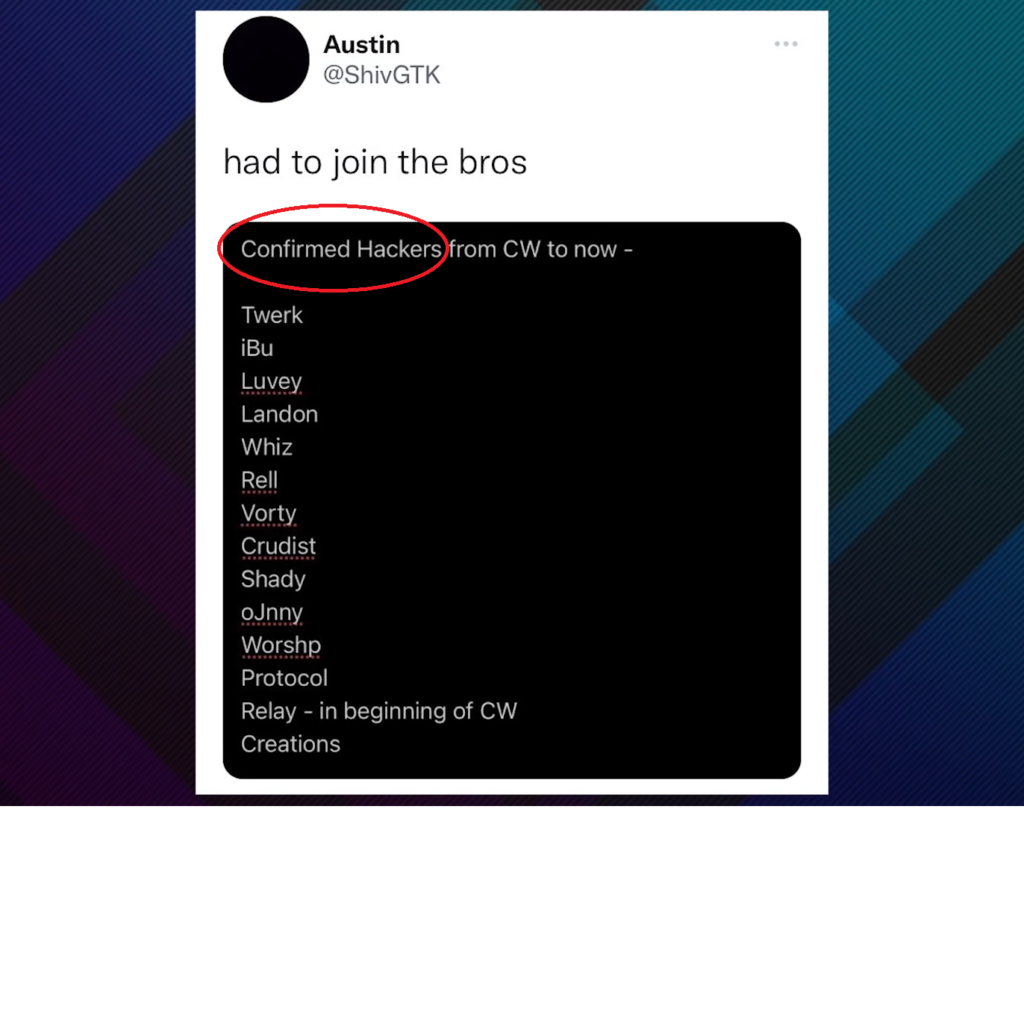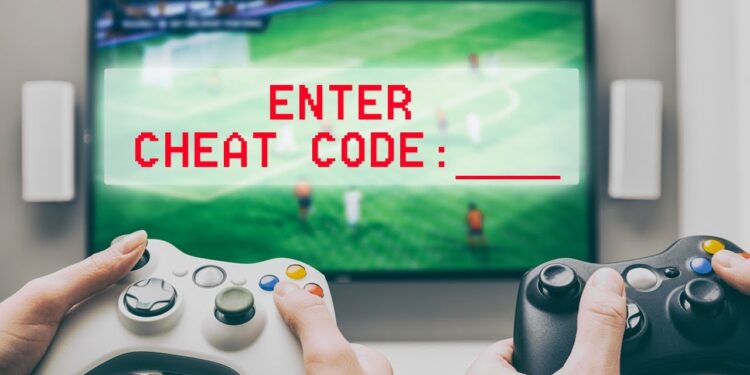For as long as humans have competed against one another there has been cheating. I’m not too sure what goes behind the mindset of a cheater, it’s definitely a topic for another article; probably to do with human physiology, sociology, and the makeup of the human brain, way to scientific to get into right now. I have a theory that cheaters are the same people who cut in line at lunchtime when we were kids or would steal a bag of chips from someone else’s lunch. The same kind of mentality that goes behind hackers and people who get a thrill out of causing chaos and anarchy on a friendly Facebook post. Trolls. They don’t believe in fair-play. They don’t care that they’re ruining the game for everybody else. They’re selfish, self-centered, and they should be banned from gaming for a lifetime when caught!
The Rise of Cheat Bots
As a former game master for a massive multiplayer online role-playing game, I can tell you that there are cheats everywhere. The majority of my job when working as a GM was to ban BOTS and people trying to exploit the game. Bots are automated programs that run the game as if a player is sitting at the keyboard. There are also auto-aim and targeting bots, which automatically lock on and target enemy players. Exploits are flaws in the games design that players discover which can be utilized as a benefit over others in game. It’s not an intentional game design and once the game developers are notified of it, they will prepare a patch as soon as they can to prevent the exploit/bug.
The end user license agreement or EULA is the bunch of letters that appear on the screen when we first load a game. In all that small print it says that the game company can and will ban you from their game for using exploits and cheats. By pressing “X” and entering into the game you agree to these conditions. If a player is knowingly taking advantage of an exploit they are in violation of the EULA and could be banned from the game.
The Best Way to Purge Cheaters from a Gaming Community
Most games have a reporting system for reporting players suspected of cheating. Not all players who appear to be godlike are cheaters, however, if a player suspects someone of using an exploit or cheat, they should use the games system to report them. Even if the player isn’t knowingly cheating, they could be using an exploit, and if the player is reported enough, support will investigate to see if they are indeed cheating, using an exploit, or are just really good. Just because some players have been playing for a long time and are an active participant in the games community doesn’t mean they aren’t or won’t cheat. For example, the resent discovery that the worlds “best” guitar hero player, who has several live videos of him playing, was found to be a cheater!
There are no games that are unbreakable and free of cheats. Especially because most games nowadays are cross platform. Cross platform means that players on one console, like the PlayStation, can be joined by other players on other consoles like the Xbox and PC. The unfortunate side of this is that there is a large cheating and mod community on the PC side of gaming. Once a game is on the PC, the games code becomes available to players to look into and manipulate. After that it’s just a matter of time before cheats and mods will be available. It’s the main reason why I switched to console gaming in the early 2000s, cheaters were ruining Counterstrike and some of my other favorite PC games.
Unfortunately, cheating is everywhere now, regardless of the console or platform. App developers like PLITCH offer easy to use interfaces for gamers to give themselves Godlike powers mid gameplay. Companies like this should be pursued by game developers. These companies can directly impact the bottom line of a game and it’s vitality. If a game is lousy with cheaters, people will stop playing and the game dies before the game developer intended and the company loses money and potentially future funding on new games.
According to a survey conducted in December 2021 by time2play.com of over 1000 gamers, they found that 66% of gamers had admitted to cheating. The main motivator for cheating was wanting to win. Surprising to me about the survey was that 77% of gamers said that they were okay with cheating. Although the article defined “cheating” as both using third-party programs and looking up answers online. The ladder which I feel isn’t exactly cheating and might have influenced results of “who is ok with cheating” more than what is actually true. I consider the sharing of information part of the “online community” mentality that has sprung up over the decades. Sharing information online doesn’t directly influence or impact anybody else’s game experience directly. Even though a lot of players claim to be ok with some form of cheating, the amount of gamers who said that cheating has ruined their game experience was exponentially high, 81% on Xbox, 78% on PlayStation, 76% on Nintendo, and 75% of PC. Another sad trend was that the majority of players who said that they had cheated, said they did so to combat against other cheats. This is one case where when in Rome should not be applied. Players who cheat to fight against the cheaters are just making the problem worse.
Cheating in professional sports has also become evidentially prevalent when in November 2021 a Call of Duty: Vanguard tournament was put on hold when one of the players was found to be cheating. The accused player then responded by posting of other professional players who are also cheating. Shocking how a cheater had no spine and flipped on other cheaters when discovered. What a sad state of affairs.
Here’s the list of accused Vanguard cheaters from that November tournament:

What are companies doing to combat cheaters?
Even though the majority of players might be OK with cheaters, some companies are not. Cheaters affect the bottom-line profit of a game when they ruin the fun for the rest of the community and the game gets abandoned. Last year Activision released an anti-cheat software call Ricochet. This software uses multiple modes of detection in weeding out players in the Call of Duty: Warzone and Vanguard games. These two games were rampant with cheaters and it was destroying the community. Ricochet not only has back-end tools that monitor the players activities, but it works on the kernel level. The kernel is the highest level of security available on the Windows platform and gives a developer a lot more latitude in banning players permanently from the game and creating a new account. Console gamers also benefit from this anti-cheat software by having to deal with less cheaters in game.
I personally feel that any player, professional or recreational, should be banned from gaming permanently. I don’t agree that any kind of acceptance of cheating is even palatable. This might come from my days of actually competing in physical sports, there’s this thing called sportsmanship which I think is severely lacking in online gaming. When I grew up there was a sense of pride in being the best in the arcade at Street Fighter II. The true beginning of multiplayer video game competition. Side-by-side in an arcade against your opponent, there were no cheats, there was some exploits, like backing your opponent into a corner and spamming low kick, but it was all about who had the fastest hands and the best strategy. The same went for the sports I played on the field. Cheating was out of the question, there’s no debate about it. Perhaps that might be the problem, a lot of gamers have never actually played a physical sport or been on a team. They’ve never been accountable to anybody else but themselves, and therefore, only think about themselves. When you are part of a team, as those who have been on one know, you put your team first and yourself second. The whole there is no “I” in team really does play.
I can’t stand cheaters. I report anyone and everyone I suspect of cheating and I strongly urge others to do the same. Even if the player isn’t overtly cheating, they could be exploiting a game bug and reporting them will get that bug fixed sooner than later. Games, especially online games, are designed to be fair and balanced. One side or player having an advantage over others because of a game design flaw or 3rd party software isn’t only a bannable offense but is the definition of “L.D.E”: little dick energy. Be a better human by being a better gamer.



